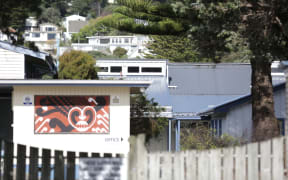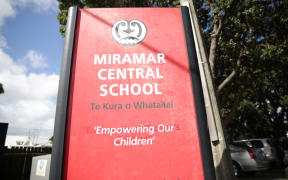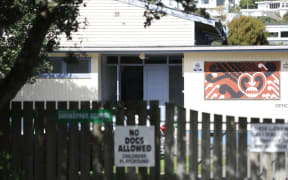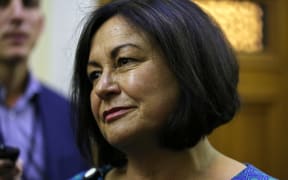Seclusion rooms will be banned in schools under new laws proposed by the government.
The move follows revelations some schools have been placing disruptive pupils in small, cell-like rooms.
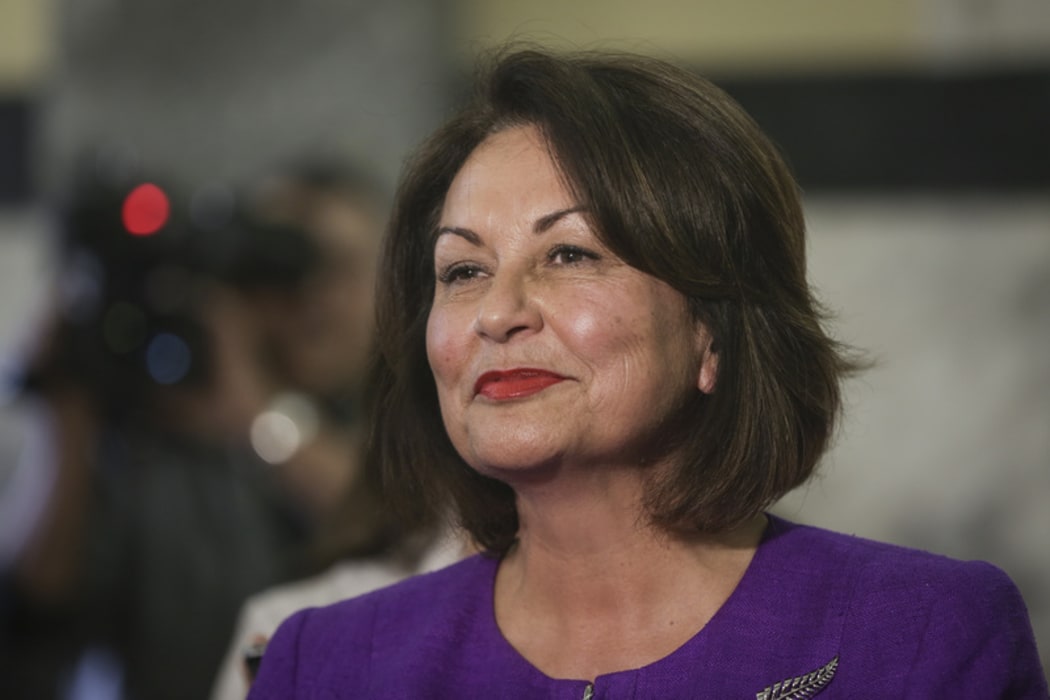
Hekia Parata Photo: RNZ / Rebekah Parsons-King
Education Minister Hekia Parata is planning to introduce new legislation to make the rooms illegal, saying they are unacceptable and it needs to be clear in the law.
The Ombudsman is investigating the use of such rooms in schools, following complaints about Miramar Central School in Wellington and Ruru Specialist School in Invercargill.
At the Miramar school, one 11-year-old boy, described as autistic and with the mental age of a toddler, was reportedly put in the room 13 times in nine days.
The parents of another boy with autism, aged six, said their son was also put in the room, which was described as the size of a toilet.
The boy's mother, Ngaire Mansfield, said she had felt obliged to publicise the issue and was thrilled at the proposed law change. "I'm so pleased to see that some action has occurred out of all this," she said.
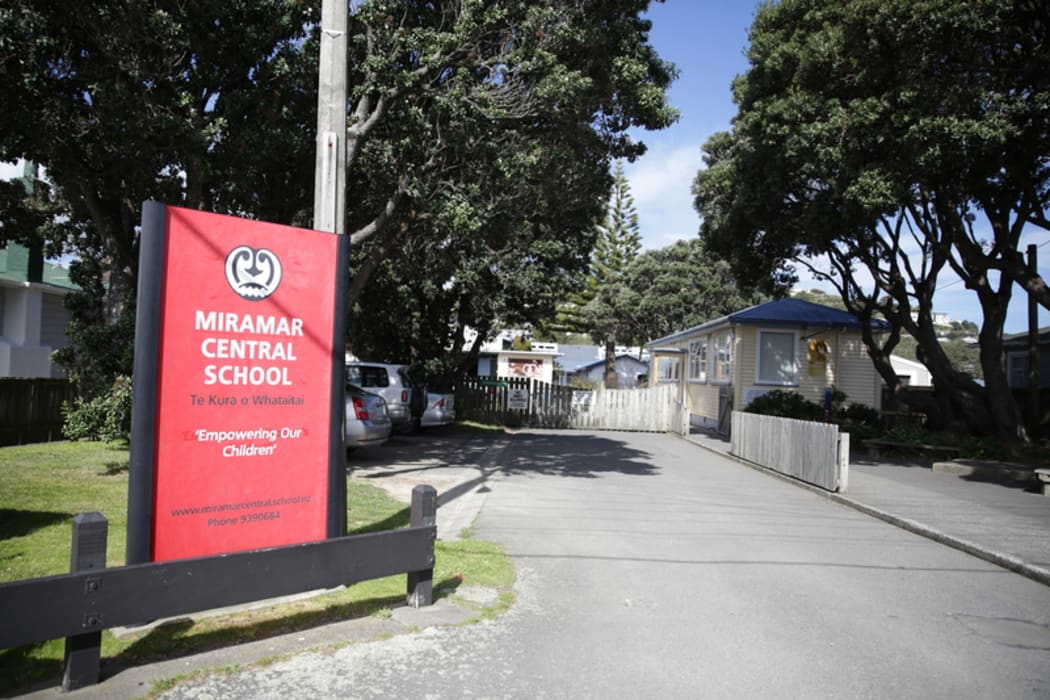
Miramar Central School in Wellington had been confining children in a small dim room in response to behaviour such as hitting, biting and choking. Photo: RNZ / Rebekah Parsons-King
Ms Parata will ask Parliament's Education and Science committee to add it to the Education (Update) Amendment Bill.
Last month Ms Parata told Parliament a Ministry of Education review found eight special schools had seclusion rooms and seven of them had used them in the past year.
That survey was still being finalised but the minister said she had been assured the issue is not widespread.
Ms Parata told Morning Report though there was only a "very small handful" of schools using seclusion the law was unclear.
"So I want to make it unambiguous that seclusion rooms and the practice of seclusion is not acceptable and will be made illegal."
Ms Parata said she had not been aware that seclusion rooms were being used.
She told Morning Report she had found out in July that there was a complaint and that it was being investigated, but did not know the outcome, or what had been involved, until last October.
Guidelines
The minister also released guidelines for how to deal with children's challenging behaviour.
Principal Denise Torrey, a member of the committee asked by the Ministry of Education to draw up the guidelines, said locking children in a small room had proven to be psychologically damaging to some children.
"Lots of schools have time out rooms and sensory rooms - these are good practice," said Ms Torrey, principal of Somerfield School in Christchurch. She said there was adult supervision and children were not locked in.
Miramar Central School board of trustees spokeperson Peter McFarlane said the school had stopped using the seclusion room, but it was good for other schools to have clear guidelines.
He said a small number of senior teachers had used the room and at the time the school was acting within what it thought was acceptable practice.
"We haven't been using it for a while now ... the door is off the room and it can't be used any more except for kids to run around and play in if they so choose.
A few children chose to go into it, he said. "Some of the kids recognise that they're at a point where they're getting a bit panicked about things and they want to go to a quiet place to calm themselves down."
The proposed law change would make it illegal for both schools and early childhood education (ECE) services to use seclusion - defined a student being involuntarily placed alone in a room they can't freely get out of.
Seclusion in the form of solitary confinement is already banned under early childhood regulations, but the law change would include ECE for consistency, the government said.
